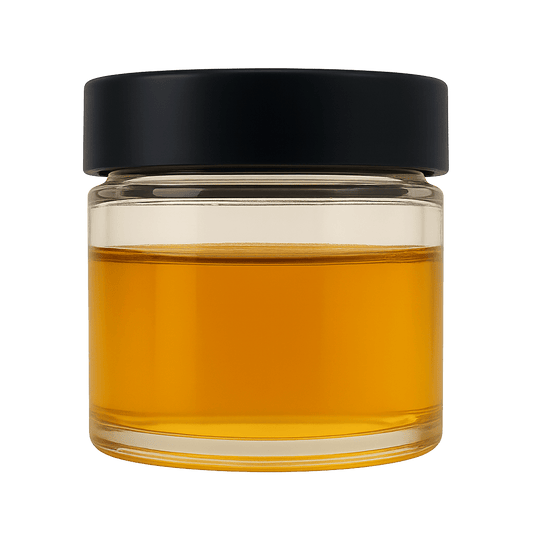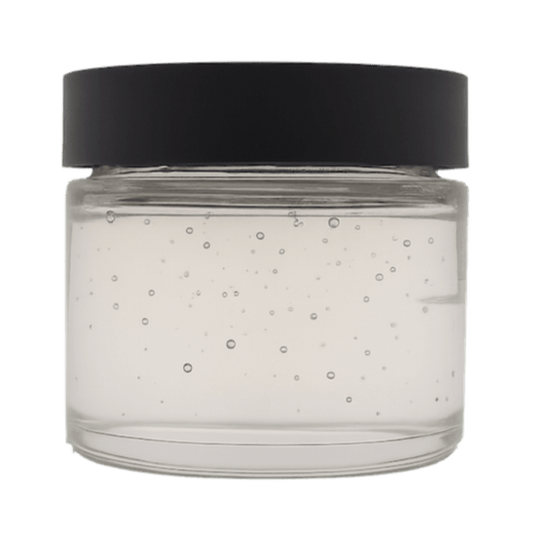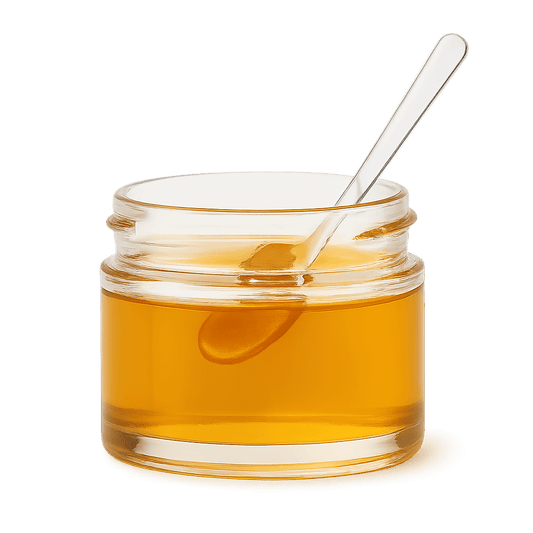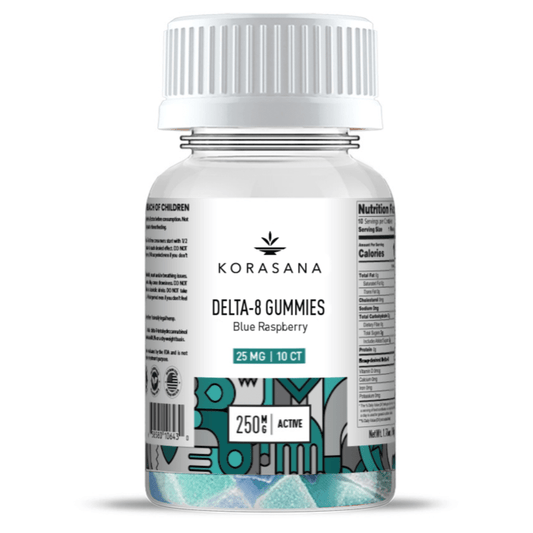Is Delta 8 THC Legal in New Mexico?
YES - Delta 8 THC is Legal in New Mexico
Delta 8 THC is legal in New Mexico. The state has legalized all hemp derivatives, including cannabinoids, isomers, and their derivatives, as long as they do not contain more than 0.3% Delta 9 THC by dry weight. This legislation aligns with the 2018 Farm Bill, which legalized hemp and hemp-derived products with a Delta 9 concentration of 0.3% or less at the federal level.
Legal Status of Delta 8 in New Mexico
Delta-8 THC's legality in New Mexico is governed by both state and federal laws that specifically address hemp and its derivatives:
-
Federal Legislation (2018 Farm Bill): The Agricultural Improvement Act of 2018, commonly referred to as the 2018 Farm Bill, is a pivotal piece of federal legislation that legalized hemp and hemp-derived products at the national level. It explicitly removed hemp, defined as cannabis (Cannabis sativa L.) and derivatives of cannabis with extremely low concentrations of the psychoactive compound delta-9-tetrahydrocannabinol (Delta 9 THC), not more than 0.3 percent on a dry weight basis, from the Controlled Substances Act (CSA). This law effectively legalized hemp-derived cannabinoids, including Delta 8, provided they meet the specified THC concentration threshold.
-
New Mexico State Law: In alignment with the 2018 Farm Bill, New Mexico has enacted state laws that legalize the production, sale, and possession of hemp and hemp-derived products. This includes Delta 8, as long as the products do not exceed the 0.3% Delta 9 THC concentration limit by dry weight. New Mexico's stance on hemp and its derivatives is part of a broader movement towards embracing the agricultural and economic potential of hemp while ensuring compliance with federal guidelines.
HEMP FINAL RULE – 20.10.2 NMAC HEMP EXTRACTION, PRODUCTION, TRANSPORTATION, WAREHOUSING, AND TESTING
20.10.2.7 DEFINITIONS
H. “Cannabis sativa L.” means the plant cannabis sativa L. and any part of the plant, whether growing or not.
I. “CBD” means cannabidiol and is a cannabinoid and the primary non-psychoactive ingredient found in hemp.
O. “Hemp” means the plant cannabis sativa L. and any part of that plant, including seeds and all derivatives, extracts, cannabinoids, isomers, acids, salts and salts of isomers, whether growing or not, with a THC concentration of not more than three-tenths percent on a dry weight basis.
P. “Hemp-derived material” means any material containing THC in any concentration derived from cannabis sativa L. through any activity authorized pursuant to the act.
R. “Hemp extract” means oil and extracts, including cannabidiol, cannabidiolic acid, and other identified and non-identified compounds derived from hemp.
U. “Hemp finished product” means a hemp product that is intended for retail sale and containing hemp or hemp extracts for human consumption, absorption, or inhalation that has a THC concentration of not more than three-tenths of one percent (0.30%).
Z. “Hemp products” means hemp, hemp-derived material, hemp extract, and hemp finished product.
XX. “THC” means delta-9 tetrahydrocannabinol (CAS number 1972-08-3) as measured using a post decarboxylation method and based on percentage dry weight.
Chapter 84
30-31-2. DEFINITIONS. As used in the Controlled Substances Act:
M. “hemp” means the plant Cannabis sativa L. and any part of that plant, including seeds and all derivatives, extracts, cannabinoids, isomers, acids, salts and salts of isomers, whether growing or not, with a delta-9- tetrahydrocannabinol concentration of not more than three-tenths percent on a dry weight basis;
30-31-6. SCHEDULE I. The following controlled substances are included in Schedule I:
E. the enumeration of marijuana, tetrahydrocannabinols or chemical derivatives of tetrahydrocannabinol as Schedule I controlled substances does not apply to:
(1) hemp pursuant to rules promulgated by the board of regents of New Mexico state university on behalf of the New Mexico department of agriculture;
(2) cultivation of hemp by persons pursuant to rules promulgated by the board of regents of New Mexico state university on behalf of the New Mexico department of agriculture;
(3) tetrahydrocannabinols or chemical derivatives of tetrahydrocannabinols, including tetrahydrocannabinols or chemical derivatives of tetrahydrocannabinols with concentrations of up to five percent as measured using a post-decarboxylation method and based on percentage dry weight, possessed by a person in connection with the cultivation, transportation, testing, researching, manufacturing or other processing of the plant Cannabis sativa L., or any part of the plant whether growing or not, if authorized pursuant to rules promulgated, pursuant to the Hemp Manufacturing Act, by the board of regents of New Mexico state university on behalf of the New Mexico department of agriculture or the department of environment;
(4) tetrahydrocannabinols or chemical derivatives of tetrahydrocannabinols, including tetrahydrocannabinols or chemical derivatives of tetrahydrocannabinols in any concentration possessed by a person in connection with the extraction of tetrahydrocannabinols or chemical derivatives of tetrahydrocannabinols, if authorized pursuant to rules promulgated, pursuant to the Hemp Manufacturing Act, by the board of regents of New Mexico state university on behalf of the New Mexico department of agriculture or the department of environment;
(5) the use of marijuana, tetrahydrocannabinols or chemical derivatives of tetrahydrocannabinol by certified patients pursuant to the Controlled Substances Therapeutic Research Act or by qualified patients pursuant to the provisions of the Lynn and Erin Compassionate Use Act; or
(6) the use, dispensing, possession, prescribing, storage or transport of a prescription drug that the United States food and drug administration has approved and that contains marijuana, a tetrahydrocannabinol derivative or a chemical derivative of tetrahydrocannabinol; and
These laws collectively ensure that Delta 8 THC, a cannabinoid known for its milder psychoactive effects compared to Delta-9 THC, can be legally produced, sold, and consumed in New Mexico as long as it adheres to the THC concentration limits established by the 2018 Farm Bill. The legal framework aims to balance the benefits of hemp and its derivatives with public health and safety considerations
The information provided on this website does not, and is not intended to, constitute legal advice or any statements regarding the status of any laws. The information, content, and materials present on this site are for general informational purposes only and should not be relied upon for any specific purpose. Laws vary across different states and are subject to change. Therefore, information on this website might not reflect the most recent legal or other developments. Read our full legal disclaimer HERE.






